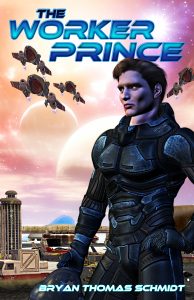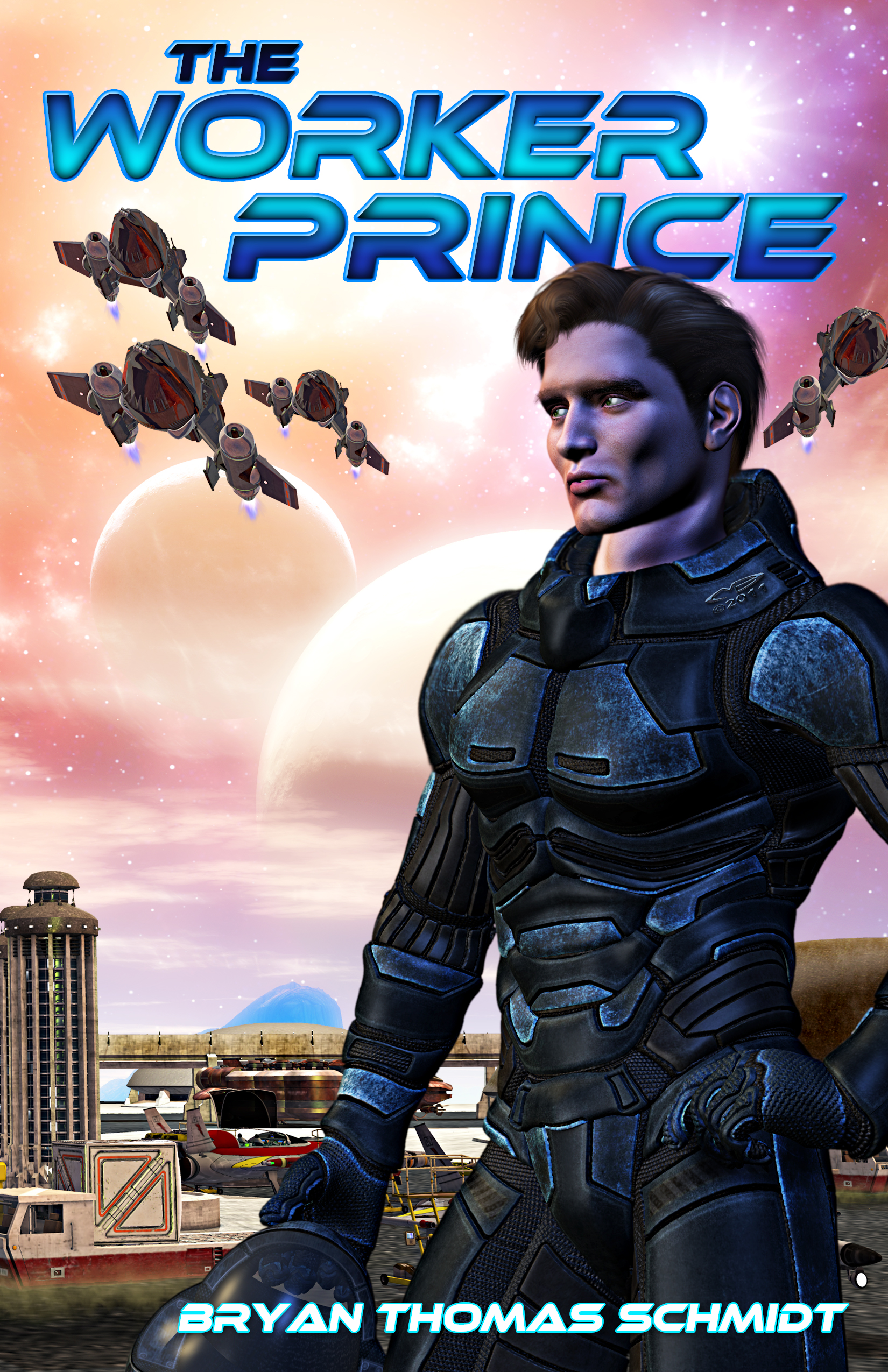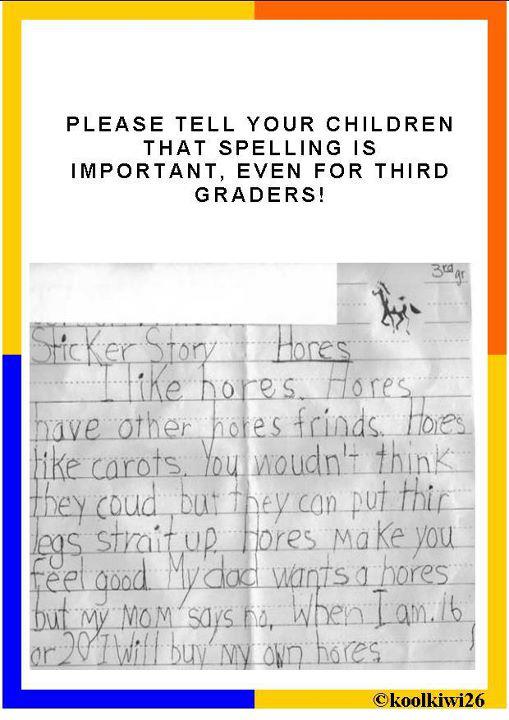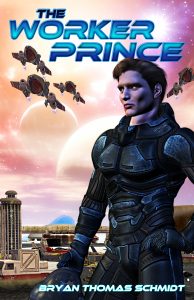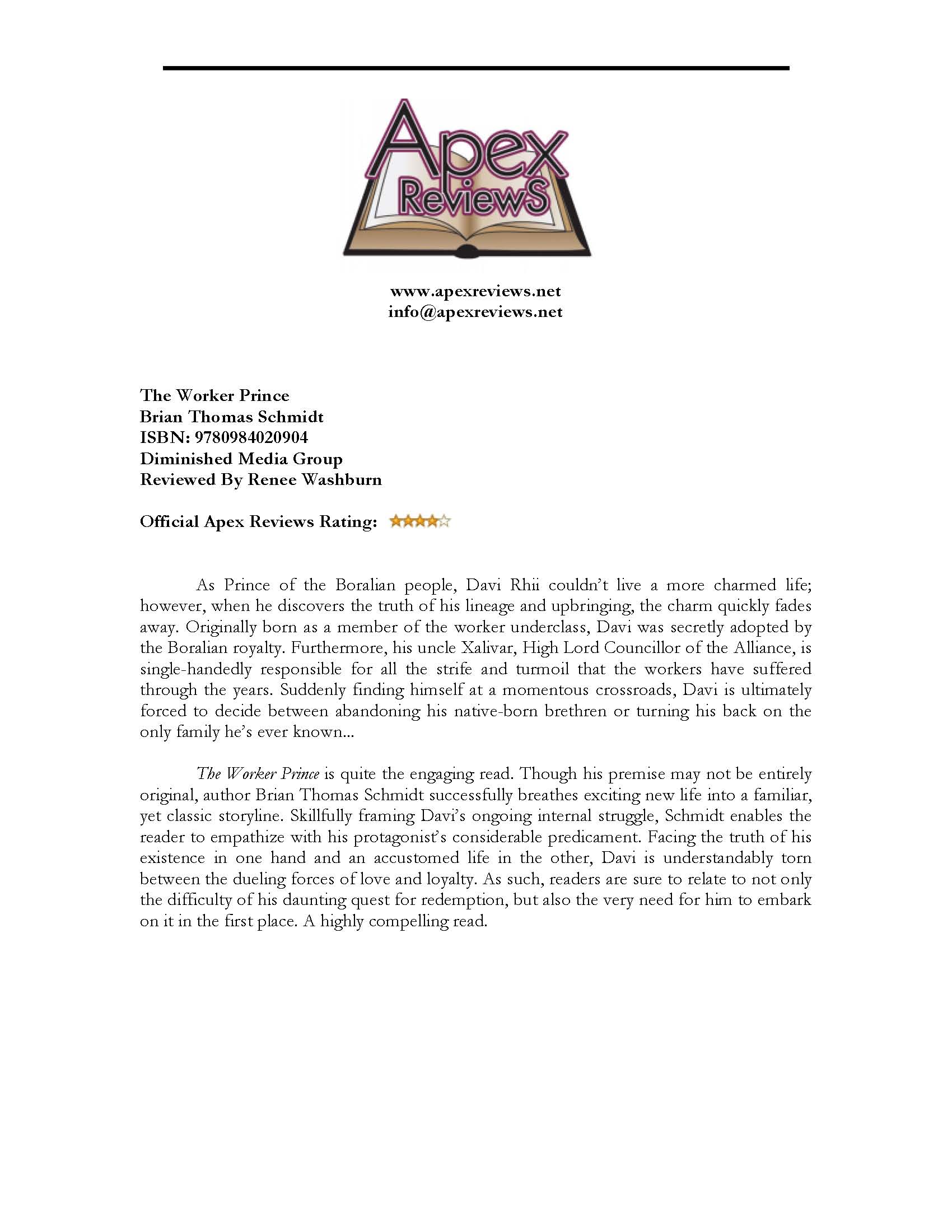Ordinarily I wouldn’t share something so early on but since this is a teaching blog, I thought it might be interesting to post an early chapter of this work in progress, a sword and sorcery book, and then perhaps look at it later when it’s published or at least further along. So for what it’s worth, here’s Chapter One (1st draft with a few polishes) of my sword and sorcery novel in progress The Relic Of Aken:
Chapter One:
Thieves
Bel made his way through the crowded market ignoring the stares. Father just had to send him to the market on traveler’s day. He could pretend it was the sight of someone like him in the brown monk’s cloak, but he knew better. The Degan locals were used to seeing him, a towering figure with greenish skin, slightly pointed ears and canine tusks protruding above his lower lip on each side. “Beast” was a word he’d often heard used to describe himself. “Sub-human” and “Perversion” were others. He had to be careful not to seem brutish. It wasn’t easy for a person his size to move through tight spaces packed with stalls and people without bumping into others, and, with his size and strength, even the slightest bump could leave a bruise. The gods had cursed him from birth, he figured.
He focused his attention back toward where he’d last seen Holly. The short human girl’s ability to easily blend into any crowd was a liability here. If it weren’t for Bel’s height, he’d never have been able to track her movements. She moved way too quickly. The smell of human sweat mixed with animal droppings, leather, fresh meats and dust. It was a smell locked into his memory, one he detected blocks ahead, every time he drew near the market.
A red-haired human head bobbed ahead as it ducked under a large basket being carried between them by two fat human males. As she returned to normal height beyond them, Holly glanced back and their eyes met. She smiled. Who’d have ever thought a human girl and a half-orc could be best friends? The warmth in her green eyes melted the tension of his frustration. She stopped and waited for him.
He weaved past a man arguing animatedly with a young cock-eyed vendor, then arced around a wagon where other humans were unloading fresh, round melons into a stall and joined his friend.
“Try and keep up, will you?”
Bel snarled at her. “Try being my size in a place like this.”
Holly laughed. “Just roar and they’ll clear the way.”
“Father instructed me to avoid drawing attention to myself.” The way the old priest said it had been more like an order.
Holly rolled her eyes. “Where’s the fun in that?” Then she was off again, leaving Bel with the same quandary as he hurried to keep up.
Pale skinned, with hair down past her waist, Hollyanna was beautiful by human standards. Bel had heard boys outside the monastery talking about her many times. Sweet as a fresh picked grape, the apprentice blacksmith had befriended him from the week he arrived at the monastery. It had been her more than anyone else who’d taught him how to feel at home amongst humans. He wouldn’t have survived without her playful guidance and cheerful encouragement. They’d become fast friends and spent every spare moment they could together. Bel often wondered if it was his presence alone which had kept her from having many suitors. She never groused about it but he imagined she got lonely. After all, many other girls her age were married or betrothed and Holly was the best pick in the entire village.
He heard a grunt and stopped as he bumped something soft, looking down into Holly’s crossed eyes. “Uh, pay attention. I’m standing here.”
“Sorry.”
“What are you so busy thinking about that you’d run me over like that?”
Bel shrugged. “Fresh grapes.”
Holly’s mouth twisted as it always did when she was sure she’d heard a lie. “You’re hungry already? Gertie stuffed us before we left. You really need to shrunk that orcan stomach of yours.”
From anyone else, Bel would have regarded it as an insult. But Holly accepted him for who he is and her honesty was one of the things he treasured about their relationship. Other than Father, she was one of the only humans with guts enough to speak honestly to him.
“How much further? Are we sightseeing or shopping?” he cocked his head so he could roll his eyes upward as he looked at her.
She laughed. “I’m scoping the best prices, Bel.”
“You haven’t spoken to anyone but me that I’ve seen.”
“I don’t need to. I have acute powers of observation.” She grinned and turned abruptly down a narrow corridor between stalls.
Bel followed, drawing immediate ire from vendors as their tents vibrated every time his shoulders rubbed against the overhanging tarps forming their roofs. Hanging fruits thumped softly, seashell necklaces jangled, and crystal strands twisted as he made his way through.
“Your short cuts are not meant for half-orcs,” he commented as he stopped at a stall beside Holly. He recognized it as one they’d passed earlier on their way into the market.
“You made it, didn’t you? Just relax and let me negotiate so we can go home.”
As soon as the vendor’s eyes met hers, she was off to bargaining. Every item he showed her was the finest quality, he said. Nothing satisfied her expectations though. Bel chuckled to himself as he watched the vendor’s face redden with rising irritation.
Three young human males nearby stared and chattered, but their eyes were focused on Holly not him. She’d taken off her leather smithing apron before they’d left and was dressed in brown c otton pants that stretched tightly over her waist and thighs and a loose, low cut blouse which showed more flesh than Bel remembered seeing before. Was she trying to draw attention? He stepped forward a foot and glared at the boys, who quickly disappeared to busy themselves with other tasks.
Okay, so he didn’t want her lonely but that didn’t mean just anyone was good enough for his best friend.
In a few moments, she’d purchased several herbs and potions and began winding her way back through the crowded masses. This time, Bel stayed close on her heels.
“You didn’t have to scare them off,” she said as they left the last row of stalls and moved along the wider, less crowded cobblestone street which led to the stables.
“Who?” A glance told him she’d meant the boys. “They were young and derelict. You deserve better.”
“It’s not like I’ve got men pounding down the shop doors, Bel. It wouldn’t have hurt to let them admire me.”
“Father sent me to protect you. I was obeying his wishes.”
She leaned over and punched him hard in the arm. “From danger, not harmless stares.”
“Staring’s how all the danger begins.”
They turned a corner and Bel saw two men in the shadows watching a store across the street. A woman appeared, dressed frilly from head to toe, beautiful white lace decorating every curve and junction of her very expensive dress and hat. She carried a large bag draped over one arm as she hurried across the street toward an alley near where the men were waiting.
“Someone’s about to prove me right right now,” Bel said as his eyes turned back to the two human males. They were about to do something very stupid, he knew the signs.
Moments later, as the woman entered the alley, oblivious to their presence a few feet away in the shadows, they slipped in after her and Bel quickened his pace.
“Where are you going?” Holly sounded annoyed. “We’ve got to get back in time for lunch or Krell will never let me hear the end of it.”
A scream came from the alley, and Bel ignored her and raced forward through the shadows the two men had just vacated.
Entering the alley, he saw the woman backed against a wall, her pale face even whiter as her brown eyes widened with fear.
“Give us the bag!” A hairy bulk of a man said as he skinny, taller companion grinned lasciviously at her.
“He can have the bag. I want more!”
The bulky man tore the bag free of her grasp as his friend lunged, ripping the dress with a loud snap as the woman screamed again.
Bel let the roar rise from deep within, a soft rumble at first that soon rivaled a clap of thunder. Both men spun, startled, as the woman’s scream loudened at the sight of Bel.
“Leave her be!” Bel growled it.
The men’s eyes widened and the bulky one both dropped the bag as they bumped into each other trying to get away from the woman and take off down the alley away from him. Their footsteps pounded the cobblestones, dust flying with every step.
Bel turned to the woman, trying to soften his eyes. “Stay here. I’ll be back for you.” The woman’s eyes widened again and she screamed as Bel raced off after the two men.
His own boots boomed on the street as he turned a corner, closing on the men. The bulky one glanced back, panting. He was slower and clearly less in shape than his companion. Both were dressed like farmhands, worn wool pants and pull over shirts stained with the dirt of their labors, now turning steadily to mud from their sweat.
“Hurry!” the skinny one mumbled as he lead the way into another alley across the street.
The bulky man squealed as Bel’s large hand wrapped around his neck and ripped him off his feet and over the half-orc’s shoulder.
“Struggle and I’ll toss you like a catapult,” Bel warned as he continued running forward after the skinnier man.
The bulky man fell quiet, except for a few whimpers each time Bel’s running stride jostled him against muscled shoulders.
The skinny man turned a corner and stopped, puzzled. Bel hurried toward him and the man spun, running back straight at them, a knife appearing in his hand. The blade was long but looked worn and dull, having no shine.
“Stop! Now!”
The skinny man waved the knife. “Let me go, orc, or I’ll hurt you good.”
Bel could smell the alcohol on his breath from several feet away. The stench just strengthened as he approached. “Go ahead. It’ll appease my guilt if I have to kill you.”
The man growled and swung the knife in a wide arc. Bel pounded a boot hard on the pavement, sending vibrations through the cobblestones and causing the human to lose his balance. He swung an arm straight forward, intercepting the swing ing arm at the wrist and twisting. The man cried out in agony as the knife dropped, clanging against the stones of the street.
“This is a human town! Your kind are unwelcome here!” The skinny man screamed it as Bel yanked him off his feet and swung him over the opposite shoulder from his bulky friend.
“Shut up or I’ll make you do it.”
“She stole from us! We were just getting it back!”
The bulky man mumbled in agreement.
With one motion, Bel yanked them off his shoulders and sent them hurling to the street. They landed side by side in a pile of refuse, heads banging against the stones, leaving them dazed.
“I warned you.” He grabbed them again, this time encountering no resistance and swung them back over his shoulders, carrying them back the way he’d come.
“I thought Father instructed you to resist your violent tendencies.” Holly was in the street, waiting, her arm around the crying woman, offering what comfort she could.
“They started it,” he said with a shrug.
“Let’s get them to the authorities and get on our way then, okay?”
Bel nodded and followed as she led the way.
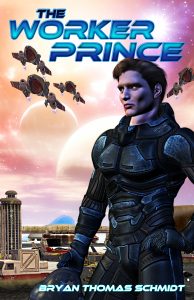 Bryan Thomas Schmidt is the author of the space opera novel The Worker Prince, the collection The North Star Serial, and has several short stories forthcoming in anthologies and magazines. He’s also the host of Science Fiction and Fantasy Writer’s Chatevery Wednesday at 9 pm EST on Twitter, where he interviews people like Mike Resnick, AC Crispin, Kevin J. Anderson and Kristine Kathryn Rusch. He can be found online as @BryanThomasS on Twitter or via his website. Excerpts from The Worker Prince can be found on his blog. His second novel, The Returning, sequel to The Worker Prince, is forthcoming in Summer 2012.
Bryan Thomas Schmidt is the author of the space opera novel The Worker Prince, the collection The North Star Serial, and has several short stories forthcoming in anthologies and magazines. He’s also the host of Science Fiction and Fantasy Writer’s Chatevery Wednesday at 9 pm EST on Twitter, where he interviews people like Mike Resnick, AC Crispin, Kevin J. Anderson and Kristine Kathryn Rusch. He can be found online as @BryanThomasS on Twitter or via his website. Excerpts from The Worker Prince can be found on his blog. His second novel, The Returning, sequel to The Worker Prince, is forthcoming in Summer 2012.
3 5-star & 6 4-star reviews THE WORKER PRINCE $3.99 Kindlehttp://amzn.to/pnxaNm or Nook http://bit.ly/ni9OFh$14.99 tpbhttp://bit.ly/qIJCkS





